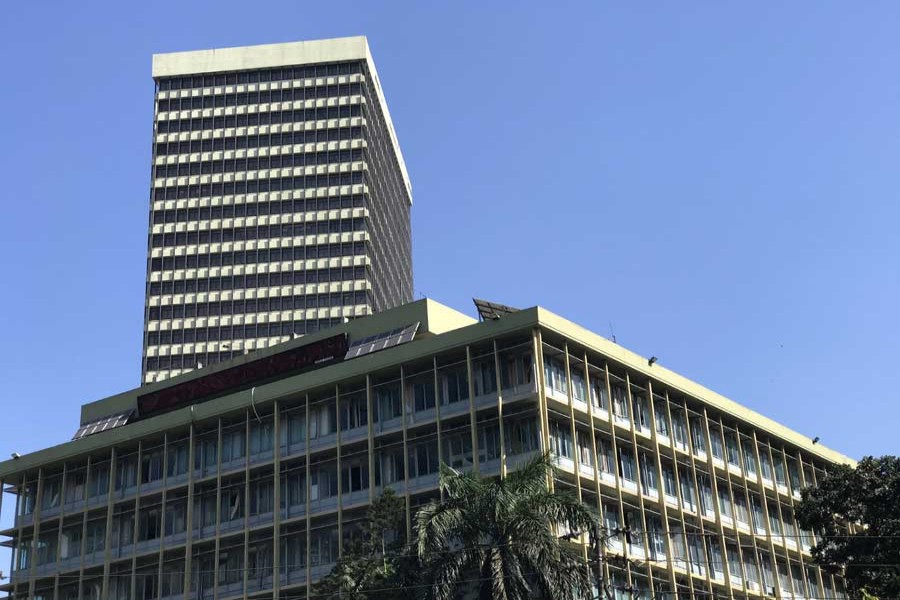Vigilance is the price of liberty, as the saying goes. It is about individual liberty which, unless guarded jealously, will be encroached upon by others. Here others are competitors or even the state itself. Liberty is to be preserved, otherwise it will be taken by others. In a market economy, so many so-called independent commissions and authorities are created by the state so that a neutral level-playing field can be created for all the stakeholders. The commissions or authorities are the overseeing bodies which are created in most cases by the act of the state legislation to facilitate the players to act freely in a transparent way. Players may be small or big but regulators treat them equally. Every segment of a market economy has one or more overseeing bodies. These bodies are also termed watchdogs or regulators. In some cases, the functions of regulators overlap, but the overlapping are minimised through consultation. When contradictory rules are framed by regulators, a government sees how to make them aligned with the broader public interest. In most of the undeveloped countries, governments did not want to develop the regulatory system by themselves, rather they came over there through the conditionality attached by the donor agencies or development partners. But the truth is that, in many cases, the regulatory organisations that came into being at the prodding or with the help of external organisations like the World Bank and the Asian Development Bank did not work once the terms of the projects under which they were created came to an end, or even if they functioned they did it badly. Market economy functions better if it is well regulated but at times, regulators side with stronger players and pave the way for exploiting smaller ones. In a situation like this, it was found that it was better not to have any regulator at all.
Regulators do not do the work of regulation directly, rather they do the functions through issuance of regulations which they frame with and after consultation with the stakeholders and also in the light of global standard and practices, but the reality is that most of the regulators fail in discharging their duties specified by the acts in countries like Bangladesh because of the reason that the persons who head them do not want to assert independence or want to remain subservient to the high-ups in the government. If persons who head the commissions or authorities do not want to guard or use their independence in enforcing the regulations then it will be of no use of such independence and there will be no good regulation by them. Many persons want to remain subservient or prefer to be guided by persons in high places. If such persons are put at the helm of regulatory commissions or authorities, then no amount of independence of such regulators will be suffice to offer good regulation to the areas of the economy for which they were created. In our economy the Bangladesh Bank was given fairly a good amount of independence in its area of works, which include the supervision and regulation of the business of banking in the economy. The Bangladesh Bank was empowered to give approval to the appointment of the chief executive officers of banks and members of management boards. These powers were given to the Bangladesh Bank to regulate banking business so that interest of depositors does get imperilled. When does interest of depositors and also that of good borrowers get imperilled? When bad borrowers take away depositor's money in connivance with the bank managements and do not pay back the borrowed money. In the Bangladesh banking system, this is happening, at an increasing rate and the gaps are being filled up by the government by using tax payers' money. When do borrowers do not pay back the bank's money? When they see the bank's management is in a collaborative mood with them in the scheme of appropriation of the borrowed money and when they see the regulator is either sleepy or too weak to take actions against defaulters. All over the world the central banks fight back for their independence when government wants to encroach on their independence but in Bangladesh we see no such move by the Bangladesh Bank. In the last few years the Bangladesh Bank did not take any strong measure to clean up the balance sheets of the commercial banks whose business the Bangladesh Bank is supposed to regulate. In the last few years, we did not see that the Bangladesh Bank was up there to catch the defaulters, nor is there any move in removing any top functionaries of the banks who were part of the appropriation schemes.
Abu Ahmed is Professor of Economics, University of Dhaka,


